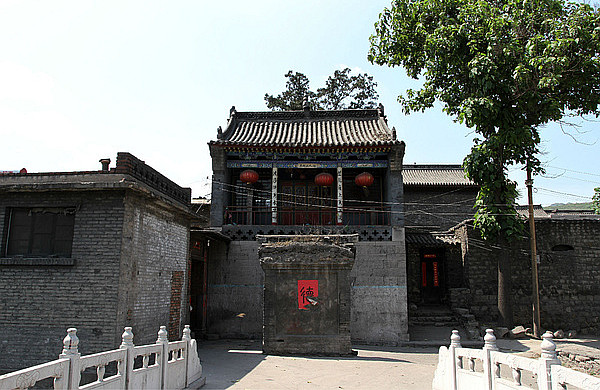 |
|
Diducun Village borders Niangziguan, known as the ninth pass of the Great Wall due to its strategic position relative to Beijing. [File photo] |
Diducun Village borders Niangziguan, known as the ninth pass of the Great Wall due to its strategic position relative to Beijing, and is the most remote of the seven ancient villages. There are three gates in the village walls surrounding the village square. Roads and lanes are well-defined in the village. A local resident invited me to his home which, although old, seemed sturdy enough to stand for another century at least.
Inside the courtyard, a hospitable and urbane gentleman who appeared not to be a farmer told me stories of Diducun. Unlike other locals I'd chatted with, he was articulate in Putonghua, which he spoke with a Beijing accent. His niece, the householder, told me that he had worked in Beijing during his youth and returned to the village upon retiring.
Diducun actually means "the village where the emperor crossed the river". Legend has it that Emperor Liu Xiu of the Eastern Han Dynasty (25-220 AD) crossed the Weishui River nearby. An old Goddess of Mercy Temple stands to the east of the village, but is in a state of disrepair. Some say the old temple can be traced back to the Sui Dynasty (581-619), but its architectural style is typical of the Ming and Qing dynasties. Most ancient houses in the village have been abandoned. A local woman asked my help in deciphering the three calligraphic characters inscribed on the inside of her courtyard door. The inscription that several people had been unable to make out seemed to me to be the seal script for "Health and Longevity".